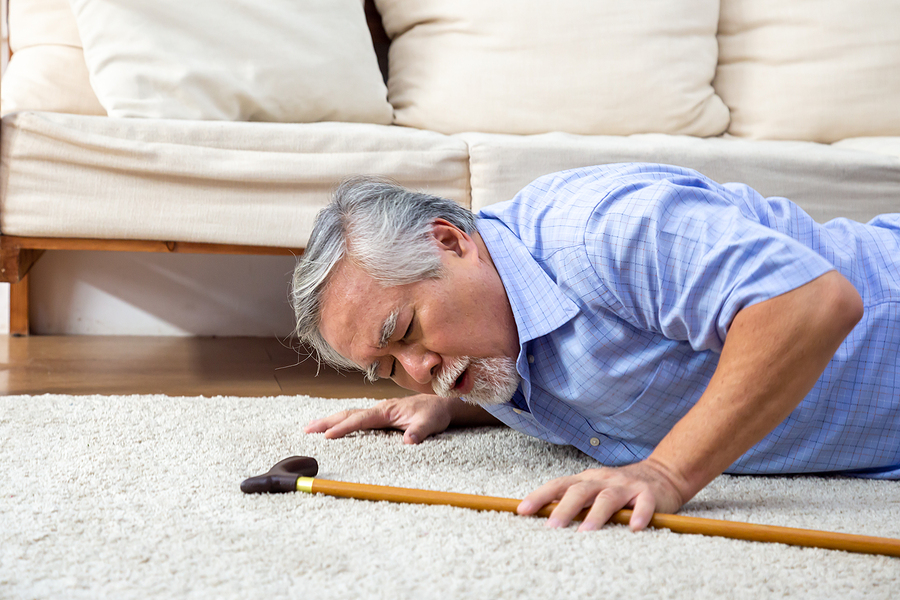Checklist for Seniors After Falls
Falls are a serious matter for older adults. Apart from injuries that it causes, it could also be an early sign of underlying health issues, leading to future fall and serious injury.
To reduce risks of falls in an aging adult, it is important to be proactive and receive the right kind of medical assessment after a fall. There are three reasons for this:
- A fall can be a sign of a novel, serious medical problem that needs attention.
- Seniors with a history of falls are at higher risk for future falls.
- Some signs may be overlooked and the senior may not receive proper care.
Most doctors have the best intentions for their patients. However, some critical early signs can be missed, unless asked questions that you, as a carer, may have observed before. Such being the case, it is a good idea to have a list of items that you could ask the medical professional to prevent future falls.
Here are 8 key items to check with the doctor after your senior’s fall.
1. Assessment for underlying new illness
Any new health conditions can make an older adult weak and cause a fall. Some common ones include:
- Urinary tract infection
- Dehydration
- Anaemia
- Pneumonia
- Heart problems
- Strokes
So be sure to bring up any symptoms you have noticed, and let the doctor know.
2. BP and pulse readings when sitting and standing
If your loved senior experiences light-headedness or fainting when sitting or standing, this may indicate a sudden drop in blood pressure that may continually happen in the future. So checking blood pressure and pulses is useful to check the possibility of future falls.
3. Blood tests
It is a good idea to check the older person’s blood count and blood sodium levels, as abnormalities can cause falls. This is especially crucial for seniors that have diabetes or experience episodes of low blood sugar (hypoglycemia).
4. Medications review
Some combinations or side effects of medications can increase falls risk. These medications should be meticulously reviewed and reduced or eliminated. Some of them that need to be addressed by the doctor are the following:
- Sedatives, tranquilisers, or sleeping medications
- Blood pressure and diabetes medications
- Anticholinergic medications
- Opiate pain medications, especially if they are new.
5. Gait and balance
A gait assessment conducted by a doctor can be a good way to check the elder’s balance level. The senior is to address any pain or discomfort in their feet, joints or back.
6. Vitamin D level
Studies show that low vitamin D levels contribute to fragile bones. If your elder mostly spends time indoors and doesn’t take vitamin D supplements, bring the matter to the doctor to assess.
7. Evaluation for underlying heart or neurological conditions
In some cases, the senior may have fallen because of a chronic problem with the heart or blood pressure system. An example includes paroxysmal rapid atrial fibrillation. There is also a possibility to develop a new chronic neurological condition, like Parkinson’s disease.
8. Vision, podiatry and home safety referrals
Not having a clear vision, problems with feet and hazardous living space are all contributing factors to falls. See if these may be an issue for your older adult.
We understand supporting your senior on your own can be difficult. Living Waters Aged Care is here to help. We provide compassionate care to all our clients at the comfort of their homes. Contact us today and receive the support you and your senior deserves.

